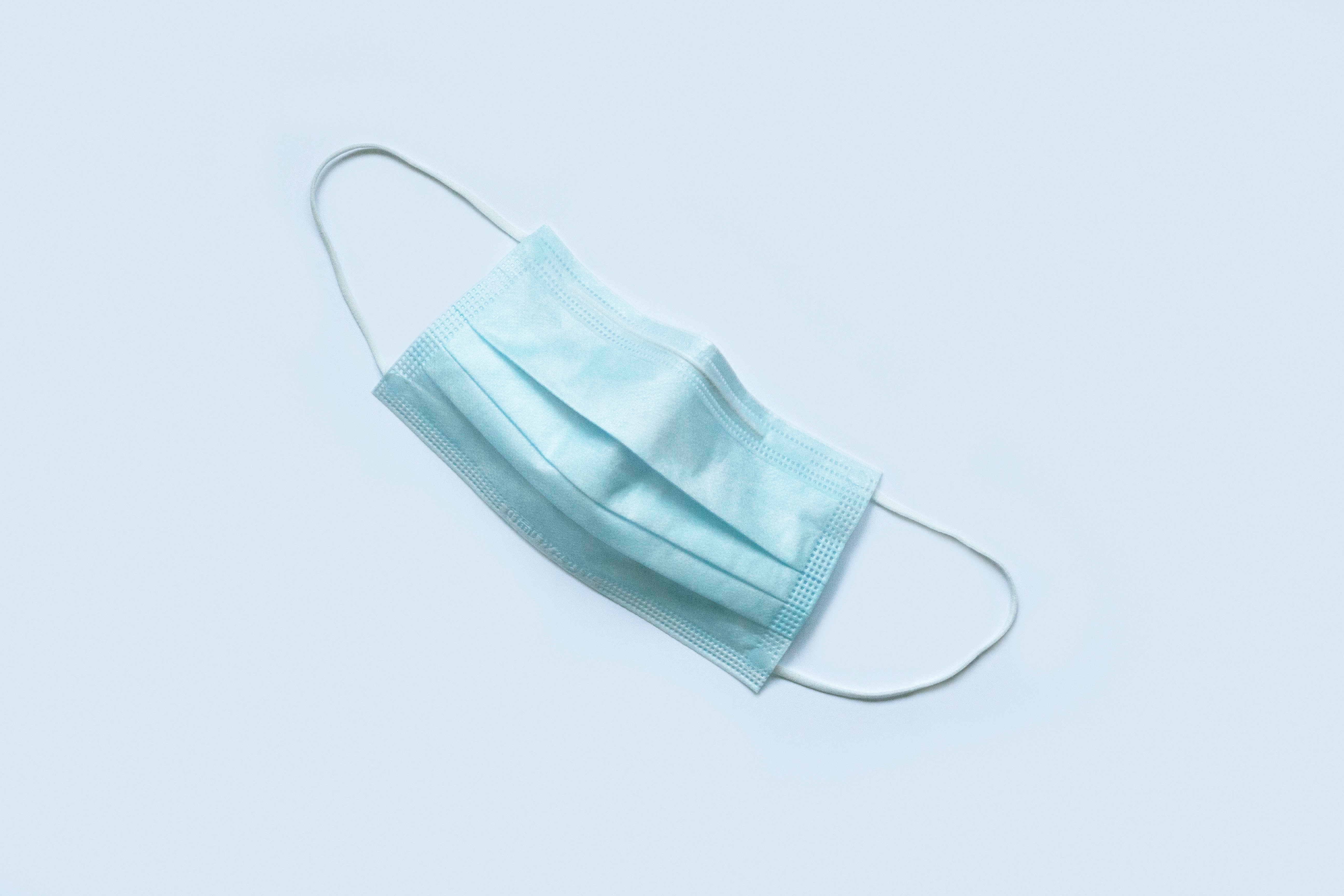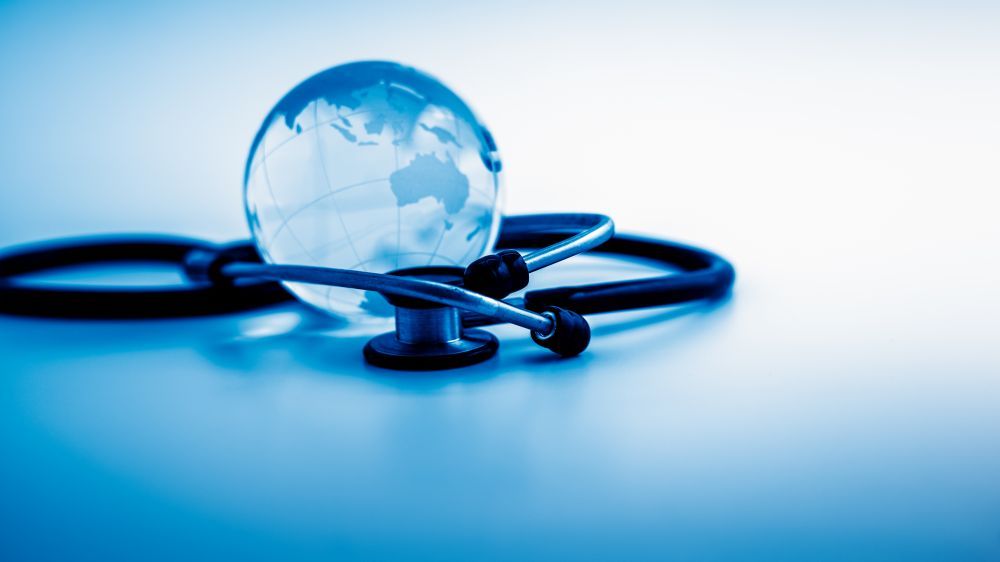The world is facing a possible new mental health condition brought on by the COVID-19 pandemic.

Since the first case of COVID-19 was diagnosed, it has swept across the world. This has brought unprecedented efforts to institute the practice of physical distancing, resulting in changes in behavioural patterns and shutdowns of usual day-to-day functioning.
While these steps may be critical to mitigating the spread, they undoubtedly have consequences for mental health and well-being. To address the impact of the outbreak on individual and population-level mental health, these consequences are of sufficient importance.
Moreover, studies have explored other stressors adding to individuals’ emotional burdens. These include social isolation, unemployment, and economic losses, and working from home while caring for children and other family members. Among health care workers, strains include lack of personal protective equipment (PPE), fears of virus exposure, burnout, patients perishing despite heroic efforts to save them, and difficult decisions about which patients should receive limited resources.
A few studies have examined posttraumatic stress symptoms (PTSS), as well as anxiety, depression and other symptoms. As well as substance use in the general population during the pandemic.
Highly Exposed Individuals
A study of 900 health workers in Singapore and India found quite low symptoms of anxiety (15.7%), depression (10.6%), and stress (5.2%). However, more than half had symptoms in the moderate to extremely severe range. In addition, 67% of respondents reported physical symptoms.
Stressors included immobility, separation from family and friends, prolonged sedation, anxiety about health conditions and survival, and subsequent job loss.
How can we help?

Experts advise that addressing burnout is of the utmost importance. Prolonged problems may lead to acute stress disorder and PTSD. Health care workers should have access to child care services and should have adequate rest and breaks, less-essential tasks, regular information, and feedback sessions with managers and the community. In many areas, hospitals provide telephone hotline teams trained to provide psychological assistance. Professional organizations should offer physician wellness programs to provide free, confidential sessions to deal with burnout, adjustment problems, family issues, and other mental health sequelae.
The current international pandemic and possibly future ones will challenge us and give us the chance to continue to learn and share with other nations, hopefully linking us cooperatively rather than polarizing us.
Subscribe to FIB’s Weekly Breaking News Report for your weekly dose of music, fashion and pop culture news!







